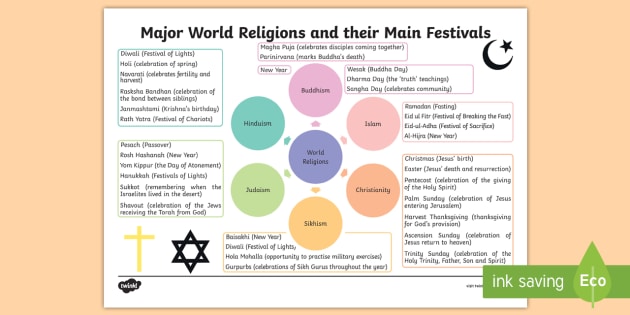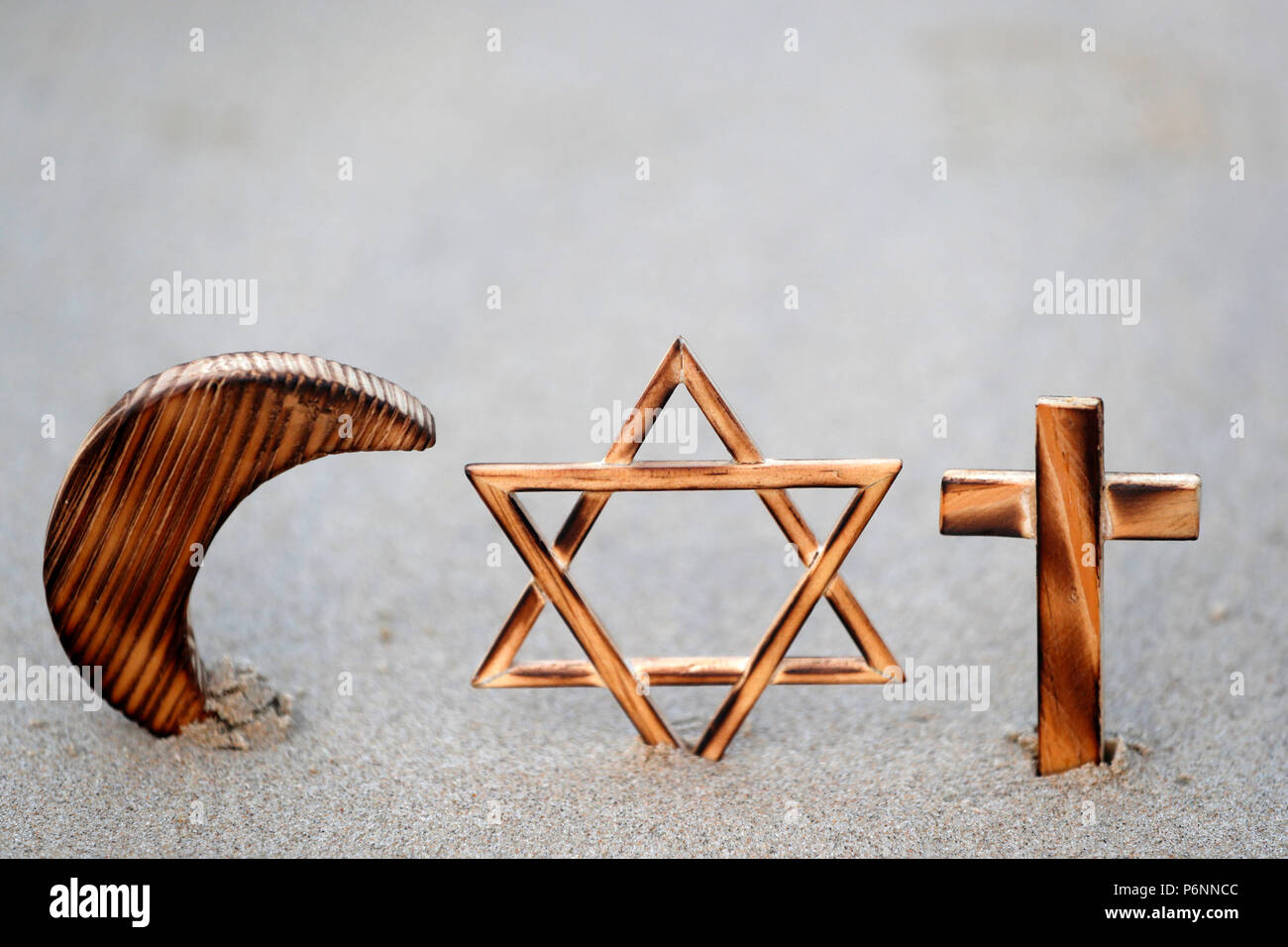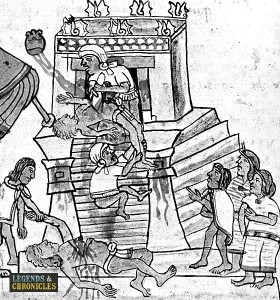
The belief system that underpinned ancient Roman religion was complex. The belief system held that gods were personifications or forces of various places and powers that controlled the human condition and provided salvation for the afterlife. Animal sacrifices were required as part of the belief system. We will be discussing some of the major beliefs and practices of ancient Roman religion in this article.
Roman gods were personifications or forces by Roman gods
In Roman mythology, gods were used to represent various places and forces. These forces and places were known as dias. They were associated wit different virtues or powers. Acis was the name of Acis, the god who governs the Acis River in Sicily. Di inferi was another name for deities, which were associated to death. Di Pater, the Greek name for plouton and associated wealth and prosperity, was among those. Empanda, a goddess of need and Epona a Gallo Roman god of horses, were some of the other deities. These gods could be worshipped in temples as they were personified as goddesses. These gods were associated also with fertility and the continuation of life.
They were thought to be able to control the existence of people
While many gods were believed to have existed in ancient Rome, they were mainly associated with a handful of major deities. The state worshipped Jupiter Juno Mars, Apollo, Mars, and Apollo while individuals worshiped others gods. These were Serapis, an Egyptian god who is associated with magic and nature, Mater Matuta (an indigenous Latin goddess), and Silvanus, which are deities of the fields and woods. People were able to imagine their gods and deities differently because there was no written scripture.

They offered salvation in the afterlife
The afterlife was believed by ancient Romans, but they didn't believe in eternal damnation. Their belief system held that the souls of the deceased lived in the underworld kingdoms Orcus and Dis Pater/Pluto. They also reincarnated as the spirits Manes or Lemures. Their beliefs about afterlife were influenced heavily by the Hellenic religion. They were not uniform. Virgil explains in detail the afterlife, as described in the Aeneid.
They demanded that animals be sacrificed
Ancient Roman religion required the death of animals. They would first eat the entrails and then burn the bones with the other offerings of wine and oil. Blood sacrifices were performed for different reasons, such as for purification rituals, or to commemorate the dead.
They used rituals to keep death and blood in front of the public's awareness
The ancient Romans kept death and blood front and center of their public consciousness by using rituals. The funeral was marked by a ritual feast and a ceremony that allowed the deceased's spirit to move on to the underworld. The state set aside days to mourn loved ones. This custom, known as "parentalia", was observed from February 13 through 21. Each family also organized their own memorial day to honor loved ones.
They used augury
Augury was a practice that the Ancient Romans used to predict the future. It involved divining the future using animal omens. The Romans used a variety of birds, including vultures and eagles. Native American mythology also uses finches to signify augurs. For example, the American Goldfinch is a symbol of fertility, celebration and mental alertness.

They were open-minded to the importation of religions
The Ancient Romans were not the most religious people of history but were open to import religions. They worshiped many foreign gods, including the Greek gods of the Greek-speaking Mediterranean region and the Egyptian goddess of fertility. Jupiter, Juno Mars and Apollo were the major gods of the Roman state. Numerous gods were also worshipped by individual Romans, including Mater Matuta (the Celts' goddess fertility) and Diana (the Babylonian goddess). They worshiped Silvanus (the Egyptian goddess for fertility) and Mater Matuta (the goddess of the woods, fields).